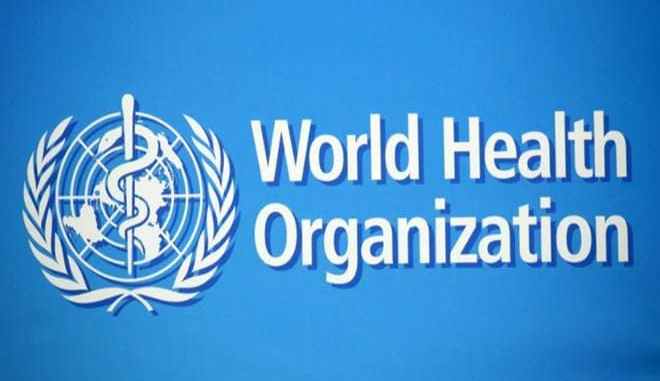From Fred Ezeh, Abuja
World Health Organisation (WHO) has alerted African leaders and the people against complacency in the fight against diabetes, stressing that the disease had remained a silent killer in Africa.
WHO Regional Director for Africa, Dr. Matshidiso Moeti, in a message to commemorate the 2024 World Diabetes Day, said records indicated rising diabetes prevalence in Africa, complicated by multiple drivers, including urbanisation, unhealthy diets and physical inactivity, among others.
He said the number of people living with disabilities in Africa would likely rise to 54 million in 2045, if urgent actions were not taken to mitigate it.
According to Moeti, in Africa, more than 24 million adults were currently living with diabetes, half of whom remained undiagnosed.
“Against a background of the rising diabetes prevalence in Africa, complicated by multiple drivers, including urbanisation, unhealthy diets and physical inactivity, the theme appropriately emphasises the imperative of a collaborative approach to this ‘silent killer.’
“Without urgent interventions, predictions are that the number of people living with diabetes in the African region will rise to 54 million by 2045, the highest projected increase globally,” she said.
“Compounding the challenge is that Africa has the lowest investment rate in diabetes care worldwide, at only one percent of the region’s health expenditure. Health systems are also traditionally designed to deal with acute, infectious diseases, without sufficient attention paid to chronic diseases like diabetes.
“Managing diabetes requires a sustained effort to balance physical health activity, healthy diet, mental well-being, and WHO in the African Region is committed to holistic solutions, including proper nutrition, access to requisite essential medicines, and mental health support.
“Equally crucial are comprehensive prevention strategies to address risk factors, including obesity, poor diet and physical activity, combined with community engagement to ensure good support systems and reduced stigma,” she said.
She noted that the theme of the 2024 World Diabetes Day, ‘Breaking Barriers, Bridging Gaps,’ appropriately captured the imperative of a collaborative approach to the silent killer.
“It also underlined WHO’s commitment to reducing risk, and ensuring that everyone diagnosed with diabetes has access to equitable, comprehensive, affordable and quality treatment and care,” she added.
She urged individuals, communities, governments, health workers, policymakers and civil society organisations to join hands and act on the recommendations to strengthen the fight against diabetes.
“For individuals, please prioritise healthy lifestyle, and if you’re already living with diabetes, have regular medical check-ups. Communities can also play good roles by creating supportive environments that promote healthy living, reduce stigma, and provide access to affordable diabetes care and education.
“For governments, we commit our full support to your efforts to implement policies that enhance access to essential medicines, strengthen primary health care systems, and foreground investment in diabetes prevention and care.
“Strengthening diabetes control in the African region demands that we address key gaps, including myths and misconceptions about diabetes, fragile primary health care systems and insufficient capacity and training of health care workers.
“Together, let us all commit to breaking down the barriers and addressing the gaps, by raising awareness, spreading knowledge, and creating lasting change for everyone in Africa affected by diabetes,” she said.
